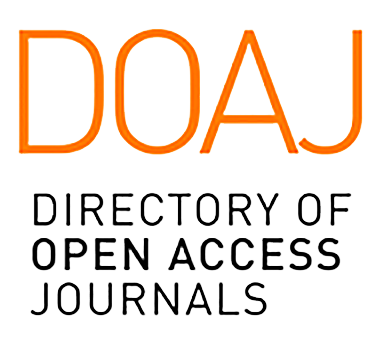2790-9441






MLA International Bibliography
MLA Directory of Periodicals
ProQuest
CrossRef
Google Scholar
Gale-Cengage
ROAD
Amani Bouzayenne
Higher Institute of Languages of Gabes, Tunisia
Riadh Harizi
Higher Institute of Computer Science and Multimedia of Gabes, Tunisia
Abstract
The study explores the relationship between Artificial Intelligence (AI) tool use and learners’ attitudes toward English as a Foreign Language (EFL) learning. A mixedmethods approach was adopted. A Likert-scale questionnaire was administered to 70 first-year secondary school pupils at the Abu El Kassem Echebbi Secondary School of Gabes, Tunisia, to collect quantitative data on AI tool use and learners’ attitudes toward EFL learning. In addition, semi-structured interviews were conducted with three secondary school EFL teachers. Quantitative data were analyzed using Seaborn, and qualitative data were examined through thematic analysis. The results revealed positive correlations between AI tool use and the three aspects of attitudes (i.e., cognitive, emotional, and behavioral), with the emotional component showing the strongest correlation. Qualitative findings highlighted key facilitators and barriers to AI tool use. Based on these findings, the study emphasizes the urgent need for AI professional training programs for teachers and pupils to ensure the effective and equitable use of AI tools in EFL learning.
Keywords
AI tools, EFL learning, attitudes toward EFL learning, emotional component